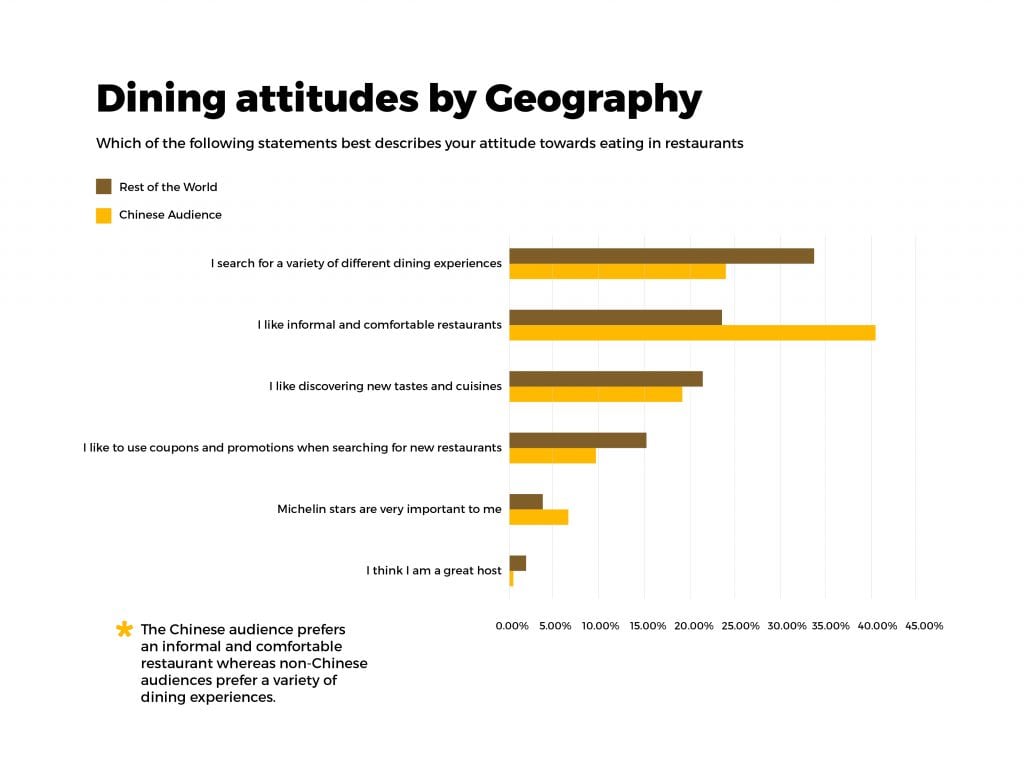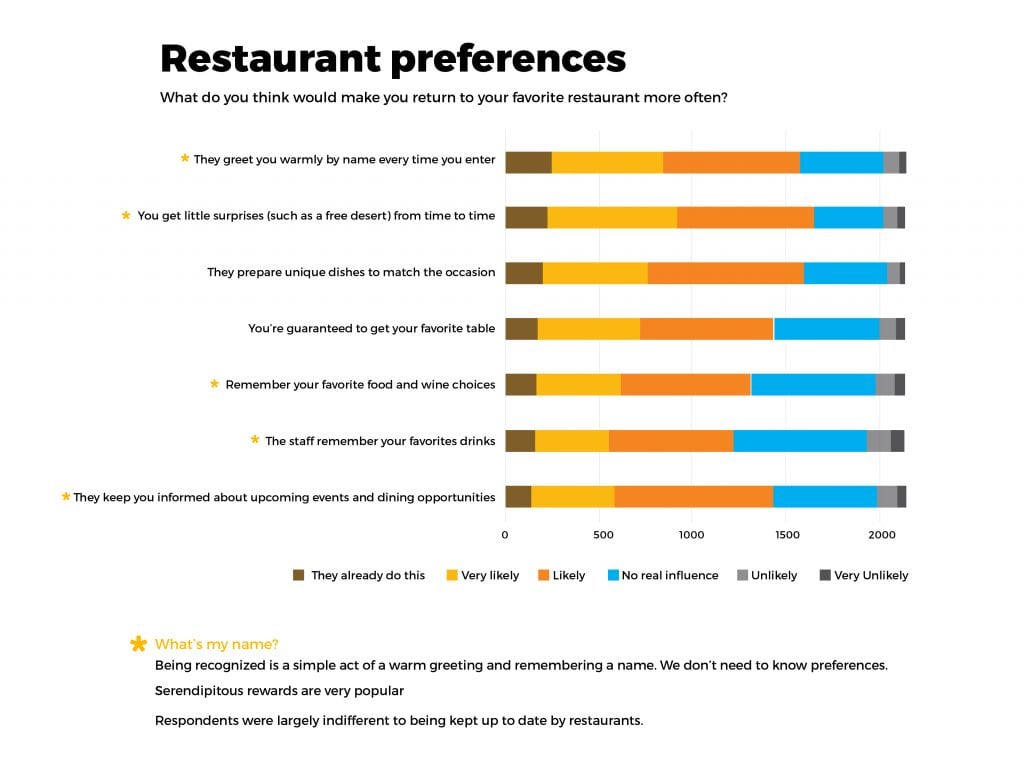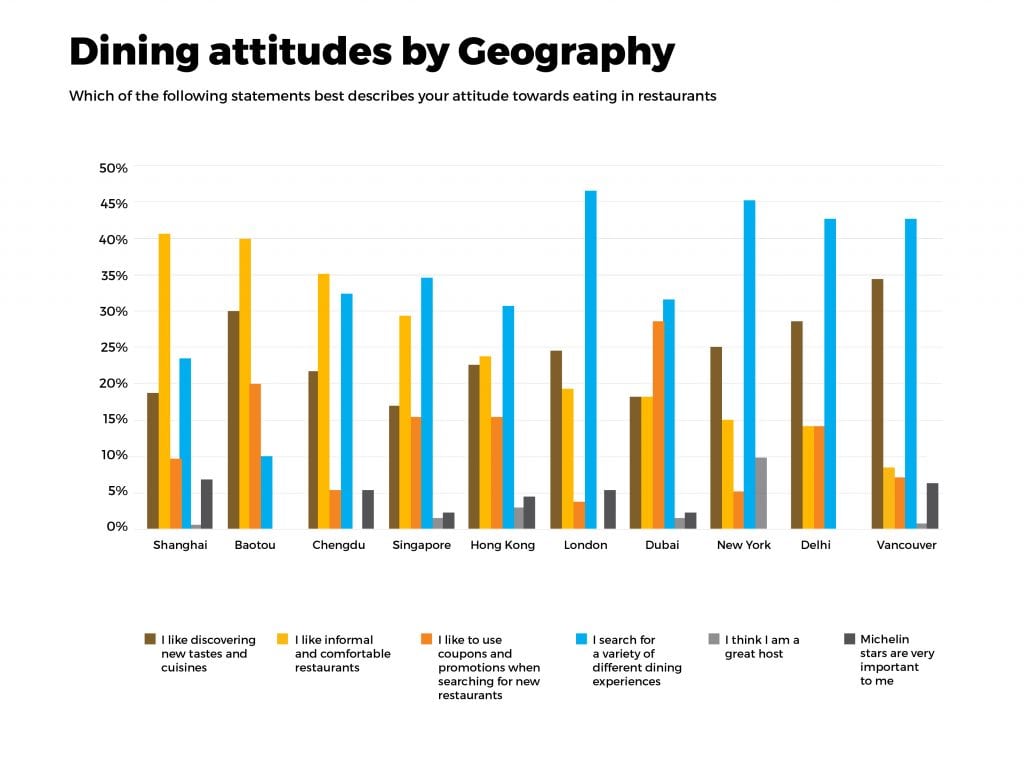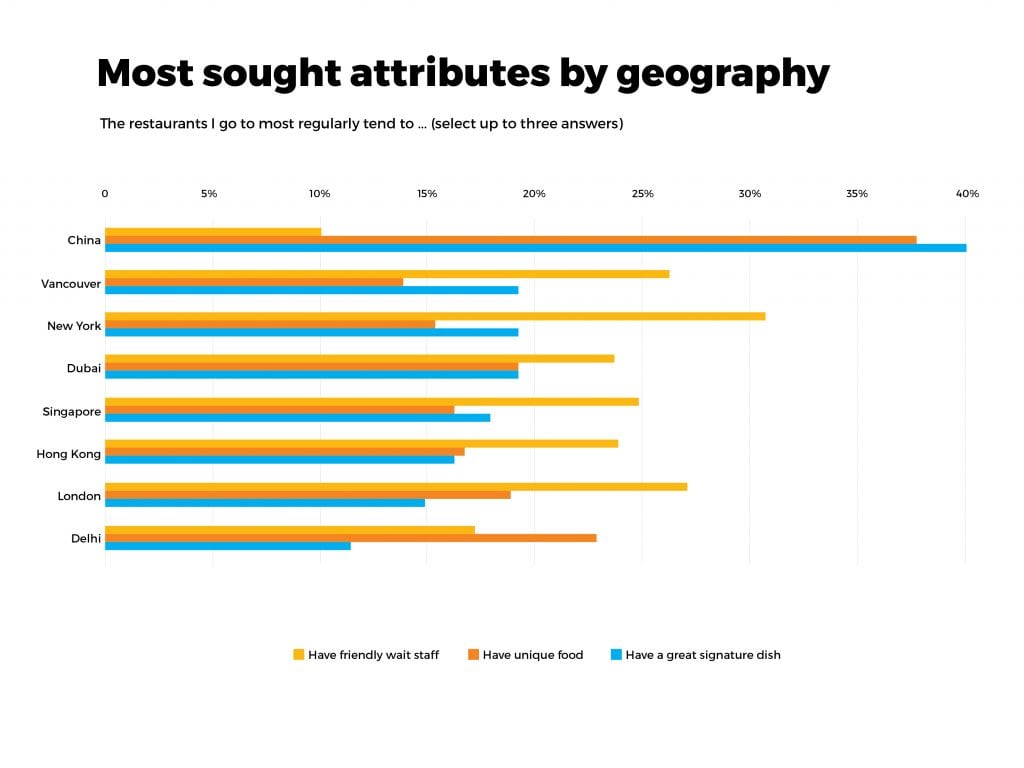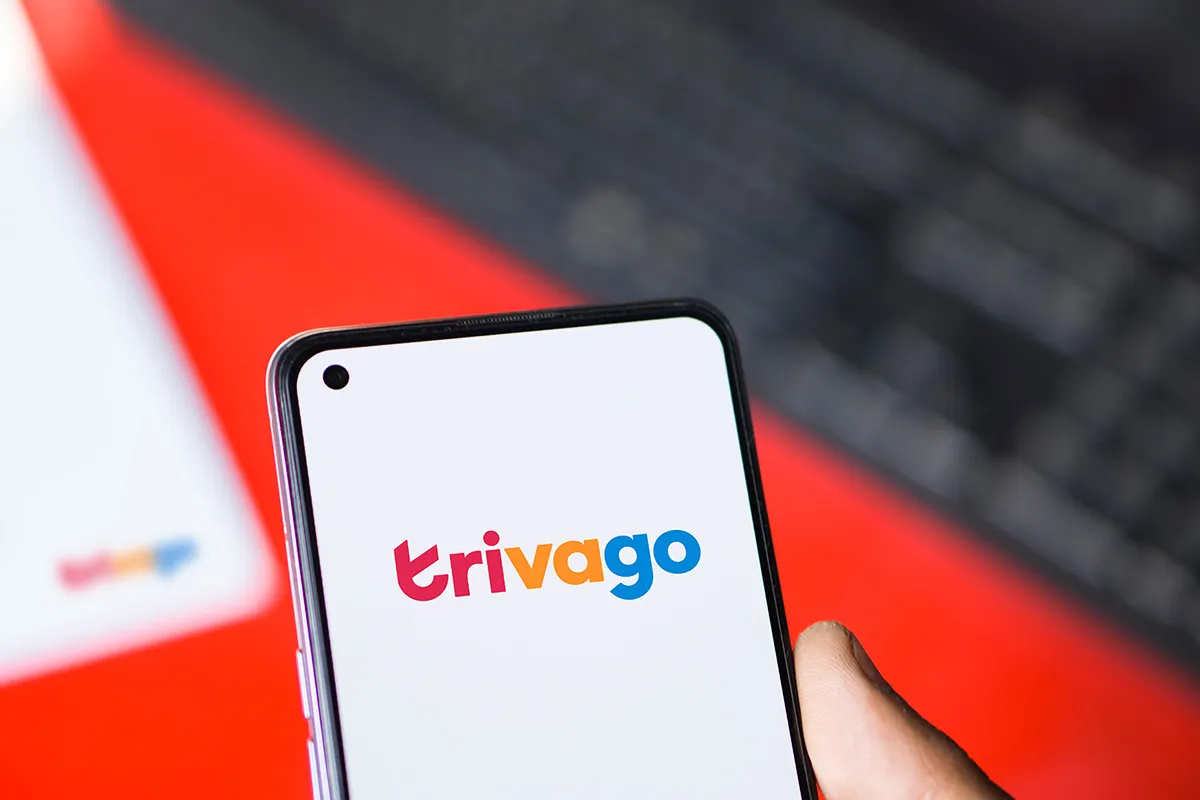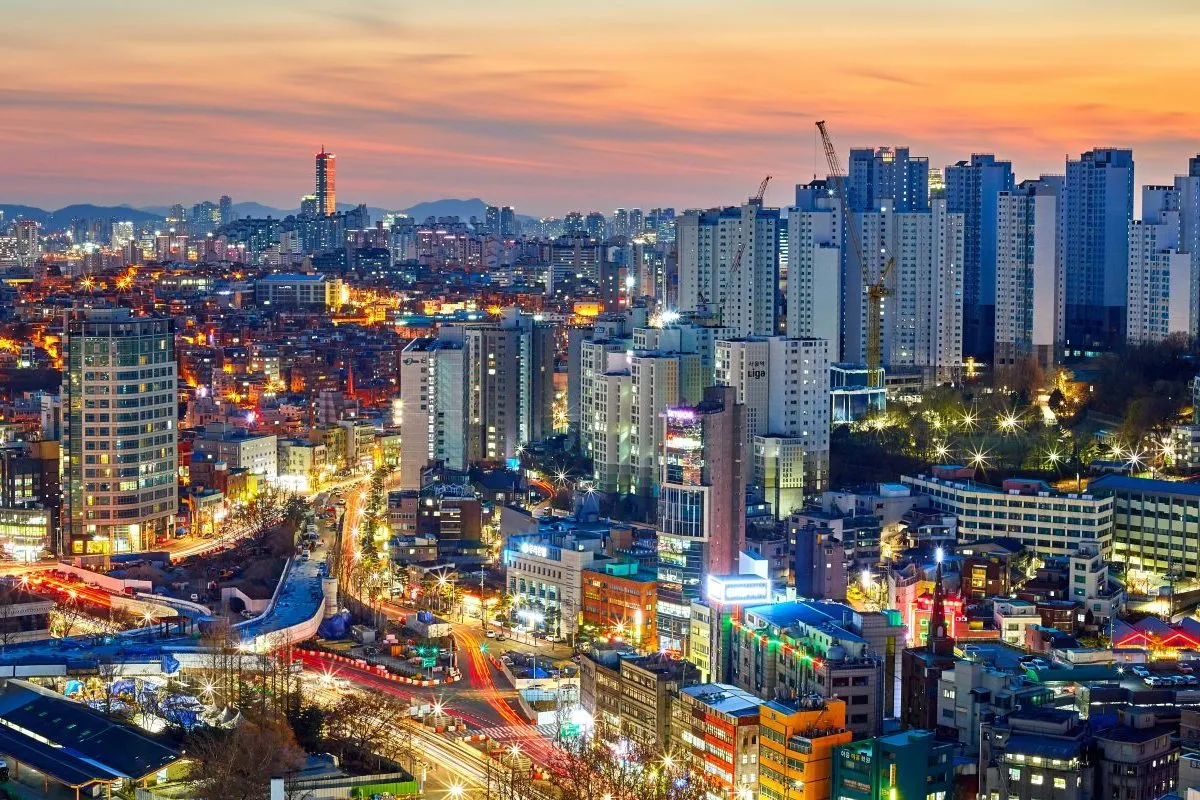What Travelers Really Want From Hotel Culinary Experiences

Skift Take
This sponsored content was created in collaboration with a Skift partner.
Though the palpable rise of food tourism has hotels around the globe rethinking their menus, what travelers look for in their dining experiences varies by geography. Shangri-La Hotels and Resorts surveyed 3,000 of its loyalty members as well as locals in Asia, London, and North America to learn how best to serve guests.
Today, Shangri-La is launching The Table from Golden Circle. The Table is many things. It’s one part content hub, where world-class chefs and mixologists give an in-depth look into their craft, answering to the desire for unique dining experiences. The Table is also a tool that allows hungry diners to look for restaurants by location, price and even mood and rewards them with Golden Circle Award points and other benefits when they dine at any of the over 500 Shangri-La restaurants and bars worldwide.
To prepare for the launch, the hotel brand ran a comprehensive study to find out exactly what travelers want out of their culinary experiences, which they’ve shared with SKIFTX here.
The online survey was sent to Golden Circle rewards members, hotel guests, and local residents in ten locations between October and November 2015. A total of 3,041 responses, consisting of 1,913 Golden Circle members, 220 hotel guests, and 908 local residents from Hong Kong, Singapore, China, Vancouver, Dubai and London. Some responses also came from New York and Delhi, but we did not include them in the charts below as the volume of responses were significantly insignificant. Here’s what they found:
Travelers from China prefer informal dining settings, while London, Dubai, and Vancouver travelers prefer variety
An interesting cultural priority emerged out of Chinese markets, with respondents preferring an informal and comfortable restaurant environment (24% Rest Of World to 40% Chinese Audience,) whereas non-Chinese audiences prefer a variety of dining experiences.
Across the board, global travelers care little about whether or not the restaurant they choose is Michelin starred.
China prioritizes unique dishes, while friendly wait staff trumps food quality for rest of the world.
Surprise and delight moments bring diners back for more
When asked about the factors that would bring guests back to a restaurant, being recognized by the staff, and surprise moments like a free dessert came out on top.
Other interesting results regarding traveler attitudes towards dining indicate that 56% percent search for unique dining experiences, which seems like a no-brainer, but also is evidence that hotels need to adapt beyond existing expectations.
That being said, interestingly, food experience is still a more popular determinant than discount and points, though moments of surprise and delight (especially those associated with receiving and redeeming rewards) weighted of above average importance.
One such example of exceeding those expectations is by offering instant reward point earnings and redemption on eligible food purchases. Elite Jade and Diamond Golden Circle members also receive a higher value of points for their transactions and all members can earn reward points through The Table even if they are not staying at the hotel.
To learn more about Shangri La’a The Table from Golden Circle, please visit: golden-circle.com/thetable.
